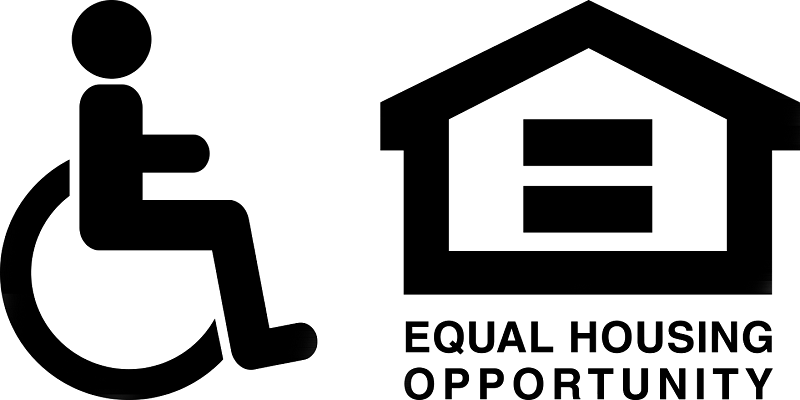July,16,2021
Recently we have been getting questions about the eviction moratorium in California and what tenants can do if they are worried about being evicted because they are behind on their rent due to COVID related economic challenges. The COVID-19 Tenant Relief Act comprises of three state laws – AB 3088, SB 91, and AB 832. AB 3088 initially imposed statewide protections on evictions between March 1, 2020 and January 31, 2021 for tenants unable to pay some or all of their rent due to COVID-19-related financial distress provided the tenant timely submitted to their landlord a signed Declaration of Financial Distress. SB 91 extended these protections through June 30, 2021. Most recently, AB 832 extended these state eviction protections to September 30, 2021. These existing state eviction protections are coupled with financial assistance available to eligible households that have accumulated unpaid rent since March 1, 2020, and who are in need of assistance going forward. However, tenants still have an obligation to pay unpaid rent, and must abide by other lease or rent restrictions/requirements to avoid eviction for reasons other than non-payment. To learn more about the tenant protections visit: https://housing.ca.gov/tenant/protection_guidelines.html
To learn more about the CA COVID Rent Relief program visit: https://housing.ca.gov






